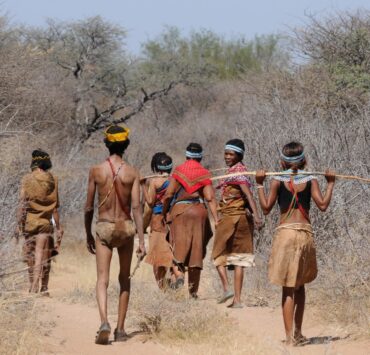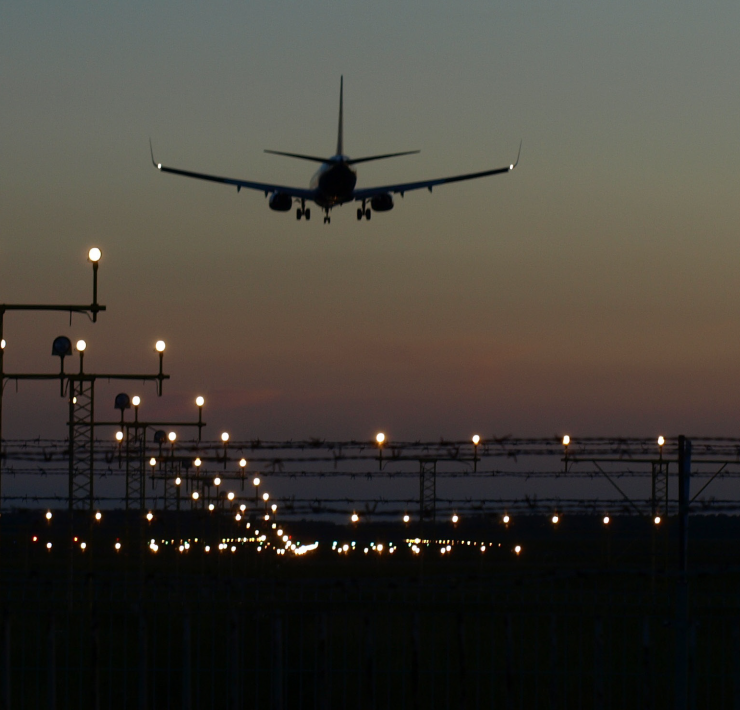Africa-Diaspora migration: an offspring of Globalization

Zinyanga Learnmore is a Zimbabwean Freelance Journalist and educationist. He…
Poor governance, corruption, and wars in Africa, are oftentimes pointed out as driving factors that exacerbate the mass Exodus of Africans to the so-called “Global North” in the quest for opportunities dubbed “ greener pastures”. Alas, the emergence of fast Global trends with caved-in morals and values that dilute Africa’s culture and traditions, has produced modern and “civilized” opportunity-bound nomads who shun personal continental development.
Effects of Global Culture on the Big Screen.
Africa has a rich cultural heritage and upholds moral principles; in fact, decency is what defines it. However, due to the intermingling and blending of foreign customs and cultures, the majority of Africans disown their cultural values because their existence has been maligned and given bad publicity for a considerable amount of time. As a result, the continent had succumbed to an inferiority complex and hero worship of Western ideologies and their approach to life. That alone compromises African development.
Having a look at the African film industry, one will concur with me that the storylines and lifestyles portrayed on the big screen are pro-Western and misleading. The narratives are mostly made up of those who struggled to make ends meet in a certain African hamlet and later on make it huge in Europe. When one is back home, the village elders are even perceived as non-entities by those from the diaspora and they are fine with it as long they are drinking whiskey over the daily home-brewed beer they are used to. Having an audience exposed to such content from childhood should be concerning since one will constantly fantasize about leaving Africa and traveling elsewhere. African cinema should convey true stories that depict and promote the safeguarding of African heritage and encourage people to make it in Africa rather than skip borders.
Global economy and migration
It is depressing and shocking to see that Africans rejoice over receiving a visa to Europe for a caregiving job when they could have performed the same task at home, helping their own elderly who have long been neglected by their relatives in their 80s and 90s. This, in my opinion, is brought about by a lack of appreciation and confidence in local and regional economies, which they may genuinely leverage and work towards, given that the continent is home to great but underutilized African minds. Note that the seemingly wealthy foreign economies are a result of African resources, particularly minerals that account for a sizeable portion of the world’s mineral reserves, such as at least 56% cobalt, 54% manganese, 36% chromium, and over 92% platinum. With such riches, and if all thoughts are combined, “We” Africans ought to be able to live through a situation in which Westerners labor in Africa and export completed goods to their countries instead of raw materials. In such cases, without a doubt, Africa’s currency will be the strongest in the world, not the other way around.
With these circumstances, it follows that the migration problem, which is demeaning in my opinion, will be resolved if Africans become sufficiently self-assured in their possessions and support stringent, unrivaled economic development initiatives. The migration problem is essentially a cosmetic activity that is exacerbated by trivial routines that can be resolved amicably. The global talk of the strongest currencies in the world is also a driving factor that is persuading Africans to migrate, and, in some instances, many fall into the trap of being scammed or duped by those who claim to have links overseas and some end up being illegally trafficked and ‘banged up abroad’. The fortunate ones are deported but some sadly end up being killed or abused.
Contrary to the assertions that the African diaspora is superior to Africa, it is important to note that there is compelling evidence that some European citizens are emigrating to countries where they perceive economic growth potential. As a result, Africans are then recruited as cheap labor to fill in the labor shortages left by individuals who may have been discontented in their home countries. Africa should learn early on the value of working to develop its own continent, free itself from unimaginable and artificial poverty, and lessen its reliance on outsiders as a preventative measure against migration.
Globalization and religion, indirect factors in migration
Africa has a strong spiritual heritage that is compelled by a strong belief in its tradition, which stems from the guidance of its ancestors (Vadzimu/Mababu/Amandlozi/Ndibunze), who also possess supernatural control over nature. However, the indigenous religion is widely disapproved of by its own due to the influence of charismatic Church leaders who have a single message for Africans: prosperity in the Diaspora, not in Africa. Instead of delivering a message that fortifies and empowers Africans to persevere, these sermons destroy the African idea of patriotism, foster self-hatred, and lead listeners to believe that the diaspora is heaven. It may be contended, therefore, that apart from contemporary charismatic churches, indigenous spiritualists never once supported migration to the diaspora or shunned Africa.
Patriotic, holistic, and believing that they can succeed on their own and that no one will come to aid in their growth, Africans should embrace their identity. Should they be unable to stand, the ship will stay docked.
What's Your Reaction?
Zinyanga Learnmore is a Zimbabwean Freelance Journalist and educationist. He is interested in highlighting stories around African Politics and Arts and Culture. You can reach him at lennyzinyanga@gmail.com
















